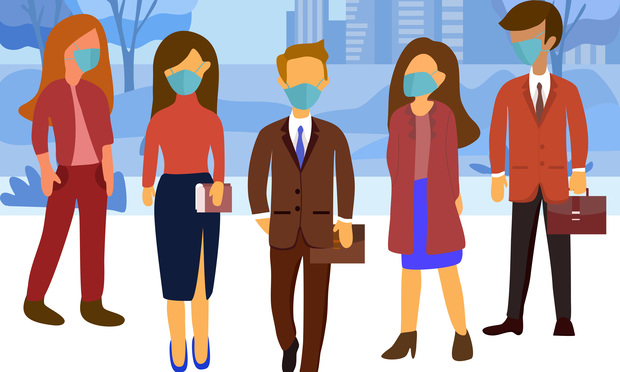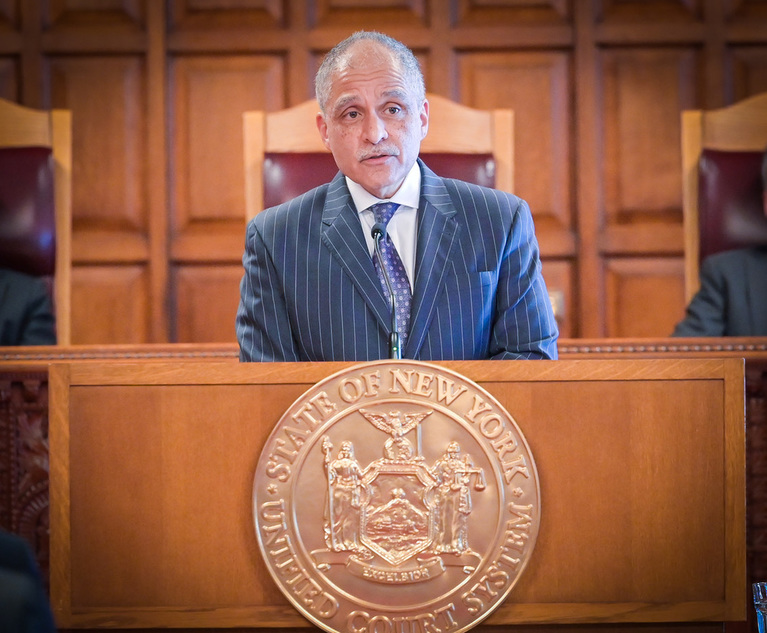 The COVID-19 pandemic’s impact on the economy is ongoing, with New York experiencing one of the most severe financial fallouts. Simply put, our communities are in crisis. Community-wide problems in housing, health care, and education, infrastructure, among other issues, require community-wide solutions. While there is always a role for the traditional, case-oriented legal work of addressing grievances one case, complaint, or client at a time, this moment of far-reaching and deep need calls for solutions on a broad scale. Enter community lawyering: a less conventional, more expansive model of legal practice. Community lawyering focuses on the issues and long-term goals of a particular place or group of people, with the attorney working alongside leaders of the community, partnering in problem-solving.
The COVID-19 pandemic’s impact on the economy is ongoing, with New York experiencing one of the most severe financial fallouts. Simply put, our communities are in crisis. Community-wide problems in housing, health care, and education, infrastructure, among other issues, require community-wide solutions. While there is always a role for the traditional, case-oriented legal work of addressing grievances one case, complaint, or client at a time, this moment of far-reaching and deep need calls for solutions on a broad scale. Enter community lawyering: a less conventional, more expansive model of legal practice. Community lawyering focuses on the issues and long-term goals of a particular place or group of people, with the attorney working alongside leaders of the community, partnering in problem-solving.
Practitioners engaging in community lawyering include (but are by no means limited to) prosecutors, public interest law groups, legal services providers, pro bono lawyers, defense lawyers, police legal advisors, and judges. Roger Conner, Adjunct Professor of Law at Vanderbilt University and founder of the Center for Community Interest, explains a key distinction. Conventional lawyering asks “What happened?” while community-oriented lawyers make “What’s happening?” the question at the center of their practice. In other words, rather than assigning responsibility for something that has already transpired, community-oriented lawyers hope to have a role in reshaping what will happen.






